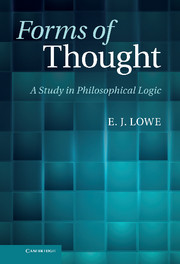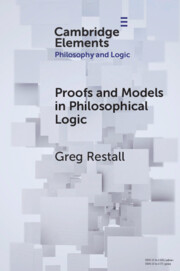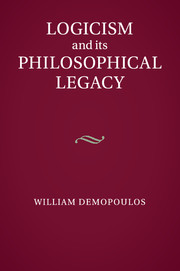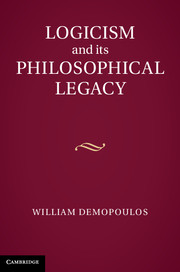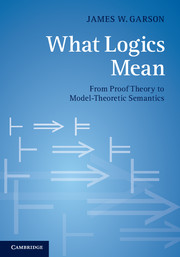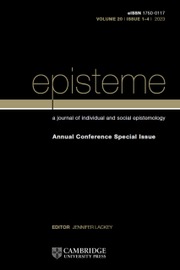Forms of Thought
Forms of thought are involved whenever we name, describe, or identify things, and whenever we distinguish between what is, might be, or must be the case. It appears to be a distinctive feature of human thought that we can have modal thoughts, about what might be possible or necessary, and conditional thoughts, about what would or might be the case if something else were the case. Even the simplest thoughts are structured like sentences, containing referential and predicative elements, and studying these structures is the main task of philosophical logic. This clear and accessible book investigates the forms of thought, drawing out and focusing on the central logical notions of reference, predication, identity, modality and conditionality. It will be useful to students and other interested readers in epistemology and metaphysics, philosophy of mind and language, and philosophical logic.
- Examines in depth key notions in philosophical logic including the notions of reference, predication, identity, modality and conditionality
- Shows how a study of forms of thought is crucial to understanding the powers of the intellect
- Will have an impact on views and theories held across different disciplines within philosophy more widely
Reviews & endorsements
'Lowe aims to explicate the logical structure of thoughts via an examination of the sentences in which they are expressed … the argumentation and explanations are clear, straightforward … Recommended. Graduate students and researchers/faculty.' S. P. Schwartz, Choice
Product details
April 2013Hardback
9781107001251
226 pages
229 × 152 × 14 mm
0.47kg
4 b/w illus. 1 table
Available
Table of Contents
- Preface
- 1. Introduction
- Part I. Reference and Predication:
- 2. Individuation, reference, and sortal terms
- 3. Dispositional versus occurrent predication
- 4. Predication and categories
- Part II. Identity:
- 5. What is a criterion of identity?
- 6. Identity conditions and their grounds
- Part III. Modality:
- 7. Identity, vagueness, and modality
- 8. Necessity, essence, and possible worlds
- Part IV. Conditionality:
- 9. The truth about counterfactuals
- 10. Conditionals and conditional probability
- Bibliography
- Index.

